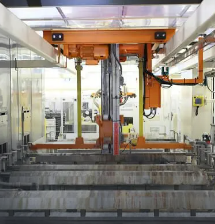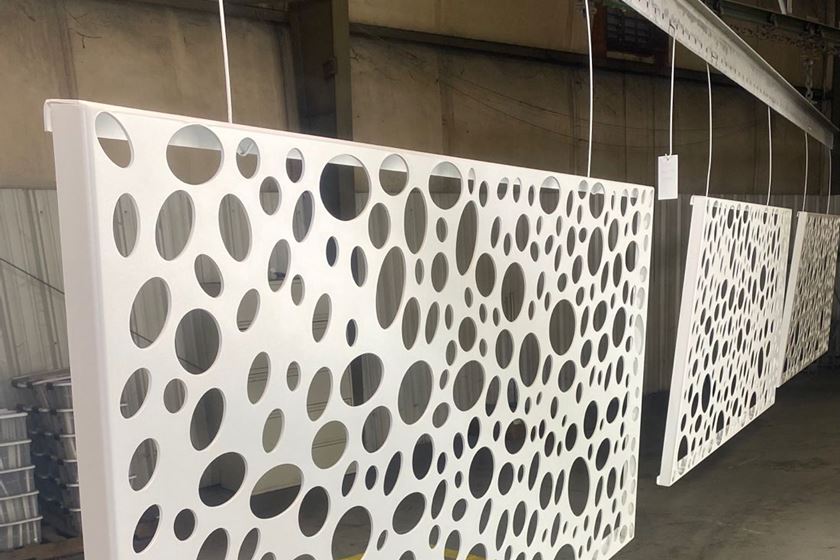How Green Is Auto?
When it comes to the environment, automobile companies are probably not as well thought of as other types of companies that cloak themselves in a green mantle.
When it comes to the environment, automobile companies are probably not as well thought of as other types of companies that cloak themselves in a green mantle. After all, aren’t car companies producers of things that spew all manner of bad things into the environment?
You might think that. And you would be wrong.
Featured Content
It turns out that the auto industry’s good Corporate Citizenship is well understood by many consumers because on the recently released Interbrand Best Global Green Brands report, auto companies dominate in a major way.

There is a list of 50 global companies listed from categories ranging from Electronics (e.g., Panasonic) to Food (e.g., Danone) to Sporting Goods (e.g., adidas) to Beverages (e.g., Coca-Cola) and even more.
This is essentially a list of name-brand companies, so it is by no means auto-centric.
And here is how Automotive was assessed by Deloitte Consulting, which conducted the survey and crunched the numbers:
1. Ford
2. Toyota
3. Honda
4. Nissan
13. BMW
16. Volkswagen
24. Mercedes-Benz
32. Chevrolet
35. Kia
40. Hyundai
Overall, that’s 20% of the top 50 Green brands in the world.
And it is interesting to note that Ford is #1 this year but was #2 last, changing places with Toyota in both cases. Which is to say that when it comes to being Green, automotive is clearly bright.
RELATED CONTENT
-
How to Maximize Nickel Plating Performance
The advantages of boric acid-free nickel plating include allowing manufacturers who utilize nickel plating to keep up the ever-changing regulatory policies and support sustainability efforts.
-
Nitric Acid Passivation and EH&S Impact
I am looking for safety/environmental requirements to set up a nitric acid cleaning and passivation system.
-
Vacuum Deposition and Coating Options
This overview takes a look at vacuum deposition technologies as processes that may be used to create coatings that can be substituted for or enhances the properties of electroplated coatings. Initially, this work discusses trends in metal finishing and environmental regulation.


.jpg;width=70;height=70;mode=crop)
















